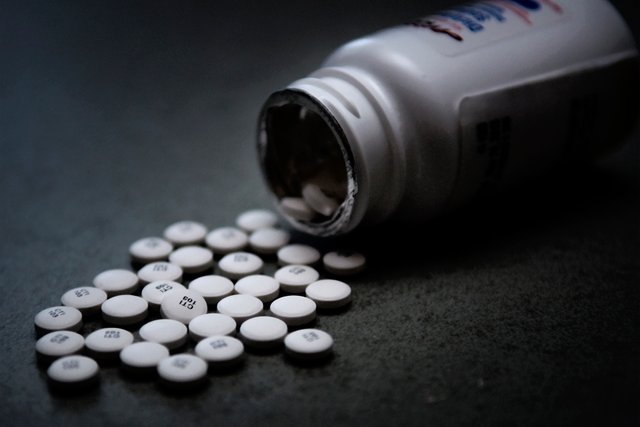The Global Orphan drugs market was valued at $106 billion in 2015, and is projected to reach $169 billion by 2022, growing at a CAGR of 6.8% from 2016 to 2022. The oncology disease segment held nearly one-thirds of the market share in 2015.
Read Full Report @ https://www.alliedmarketresearch.com/orphan-drug-market
Orphan drugs are specialized pharmaceutical agents that are administered for treatment of rare (orphan) diseases. These diseases have a very low prevalence rate, hence, pharmaceutical companies do not readily invest in these drugs as the returns on investment in orphan drugs is risky when compared with non-orphan drugs. Moreover, multiple clinical trials for drug testing cannot be voluntarily performed due to the small patient population.
However, orphan drugs have shown tremendous potential in diagnosis and treatment of cancer, this trend is expected to continue throughout the forecast period. In addition, the increase in indications of orphan drugs to treat an array of different diseases such as lymphoma, leukemia, myeloma, and others boost the market growth.
Check offers and discount on Orphan Drugs Market Report: https://www.alliedmarketresearch.com/get-discount/204
The major factors that drive the global orphan drugs market are conducive government regulations, market exclusivity for orphan drugs, and surge in prevalence of rare diseases. In addition, growth in novel indications designated for known orphan drugs, and untapped emerging markets thereby provide lucrative opportunities for market growth. However, limited patient pool for clinical trial & product marketing and high treatment costs per patient restrain the market growth.
Download Sample Report with Detailed COVID-19 Impact Analysis at: https://www.alliedmarketresearch.com/request-sample/204
The oncologic disease type segment occupies the greatest share in the orphan drug market owing to the array of diverse forms of rare cancers, such as leukemia, myeloma, angiosarcoma, and others prevalent in the patient population. Whereas, the renal cell carcinoma indication is anticipated to grow at the highest rate. The growth for this segment is due to increase in investment in R&D throughout the world along with surge in awareness about kidney cancer. Multiple myeloma currently dominates the indication segment and is expected to grow at a CAGR of 7.8%.
According to Sriram Radhakrishnan, Team Lead, Healthcare at Allied Market Research, "Orphan drugs form a niche yet considerably profitable segment of the pharmaceutical industry. Furthermore, the market exclusivity periods enjoyed by these drugs owing to favorable government legislations especially in the U.S. and Europe add to their value and profitability."
Key findings of the study
Metabolic diseases type segment is projected to grow at the highest CAGR from 2016 to 2022.
Neurologic disease type segment is poised to witness the fastest growth during the forecast period.
Non-Hodgkin Lymphoma indication generated the highest revenue in 2015 and is expected to continue its dominance ahead as well.
North America dominated the market and is projected to grow at a CAGR of 5.5%.
Asia-Pacific is expected to witness the fastest growth during the forecast period.
Discount on Purchase @ https://www.alliedmarketresearch.com/purchase-enquiry/204
In 2015, Asia-Pacific and LAMEA collectively accounted for around two-fifths of the global orphan drugs market and are expected to continue this trend due to rise in awareness regarding orphan drugs in China, India, and other developing economies. Various governmental and non-governmental organizations implement favorable legislations that supplement the growth of orphan drugs market. In addition, increase in investment in R&D for drug development by public and private sectors is also expected to boost the market growth.
The major companies profiled in the report include AbbVie Inc., Aegerion Pharmaceuticals, Inc., Bristol-Myers Squibb Company, Celgene Corporation, F. Hoffmann-La Roche Ltd., GlaxoSmithKline plc, Johnson & Johnson, Novartis AG, Pfizer Inc., and Sanofi.
